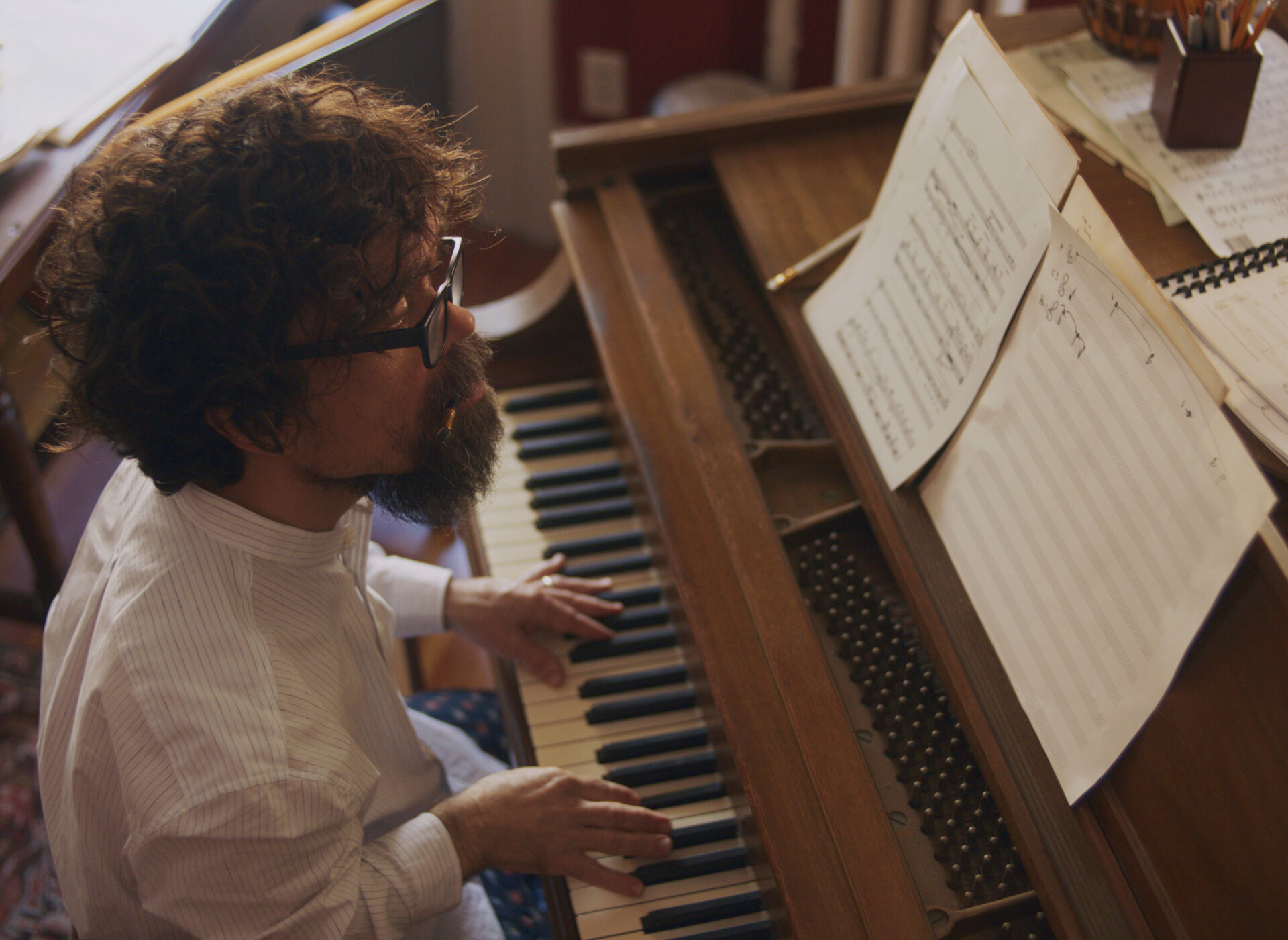
Rebecca Miller’s ‘She Came to Me’ to open Aspen Film’s 44th Filmfest
September 14, 2023

Like every year, the changing season from summer to fall brings shorter days, golden trees, sweater weather, and Aspen Film’s annual Filmfest, which opens on Tuesday, Sept. 19, and runs through Sunday, Sept. 24.
For the first time, the festival will be 100% housed in the recently acquired Aspen Film Isis Theatre. And despite an ongoing and contentious WGA and SAG-AFTRA strike, Susan Wrubel, executive and artistic director at Aspen Film, said there is no shortage of compelling movies coming to Aspen next week.
“There was a point where I was in a panic, thinking ‘What are we going to do?’” she said. “And then as it was getting closer for us to lock the festival, things opened up, and movies that I was not anticipating were offered to me. So once again, it turned into an embarrassment of riches, and I’m delighted by the variety in the lineup that we had on offer to us.”
She said that while there won’t be as many Q&As, this year’s slate and partnerships with Jazz Aspen Snowmass, Aspen Words, and French Alpine Bistro should give audiences plenty to look forward to. The other thing she noted is that she felt this festival has a bigger selection of lighter and more comedic films than in the past few years.
One of those films is festival opener and dark comedy “She Came to Me,” written and directed by Rebecca Miller, starring Anne Hathaway, Peter Dinklage, and Marisa Tomei.
Miller — who is the daughter of the American playwright and essayist Arthur Miller and is married to the Academy Award-winning actor Daniel Day-Lewis — has maintained her own unique, creative voice and vision throughout her own projects, and luckily for audiences, “She Came to Me” stays true to that.
The story follows composer Steven Lauddem (Peter Dinklage) as he is struggling with a creative block leaving him unable to finish the score for his big comeback. His wife Patricia (Anne Hathaway), who was formerly his therapist, encourages him to take a walk in search of inspiration. What he finds sets off an absurd and hilarious chain of events.

The Aspen Times recently connected with Miller via phone to discuss her writing process, her thoughts on the current state of the industry, and why comedy is more important than ever. The excerpts of our conversation below were edited for clarity.
The Aspen Times: The film displays a very dark sense of humor. Can you tell me about the process of writing this film?
Rebecca Miller: Part of the film had been written as a short story, and I had been kind of like just thinking that it was an intriguing idea to me, and I loved building out the characters and adding contrasting characters, like the two young lovers. I love intertwining different storylines to make it really propulsive and fun and kind of like a big souffle. I just love the challenge.
AT: You have some great talent in the film with Anne Hathaway, Marissa Tomei, and Peter Dinklage. Were you writing with specific actors in mind, or does that come to you later once they’re all fleshed out?
RM: It comes a little later. I think that whenever you cast, it becomes a kind of rewrite because inevitably, you have an idea in your head, and then just by virtue of the actor’s physical presence and their history and the way they speak and all the rest, they sort of rewrite the character for you without even having to change a word you know. But having said that, I have to say that I do feel that the casting in this film is just particularly perfect, and I really feel like we arrived at the perfect people to realize these parts and make them into real people.
AT: Why do you think comedy was the right vehicle to tackle the subject matter in the film?
RM: I know I’m in the mood for a bit of hope myself. And a sense that it’s never too late to change your course and to rediscover one’s essential self, who you were when you were young. That’s something that the people in the film are discovering, and I feel like as a nation, maybe we feel tired and old, and it’s important to kind of remember what we thought our youthful self was in a collective way.
AT: I have to ask you a little bit about the state of the industry at the moment with these strikes going on. As a writer, why is it important that we continue to have our human voices out there?
RM: It’s so important that individual, independent voices are still heard and respected because, otherwise, how are we telling ourselves and the outside world who we are? I personally feel like this kind of film is almost a patriotic act. Our nation is composed of many different points of view. And there are many ways of looking at being a person as an American. We are storytellers; it’s an enormous part of who we are. If we don’t value our storytellers, then something’s terribly wrong.
AT: It’s been a big summer for female filmmakers because of Greta Gerwig’s “Barbie.” What is the impact on female directors when a film like “Barbie” makes a billion dollars?
RM: I think it’s very important for female directors but perhaps equally important is getting people back into the habit of going to the cinema. That is so important in terms of our future — getting people to remember what it’s like to have popcorn and sit down in the seat and have a big screen, all the things that go with going to the movies, you know what I mean? And I’d say “Oppenheimer” did that, as well. So, I think it’s fantastic.
Read original story HERE